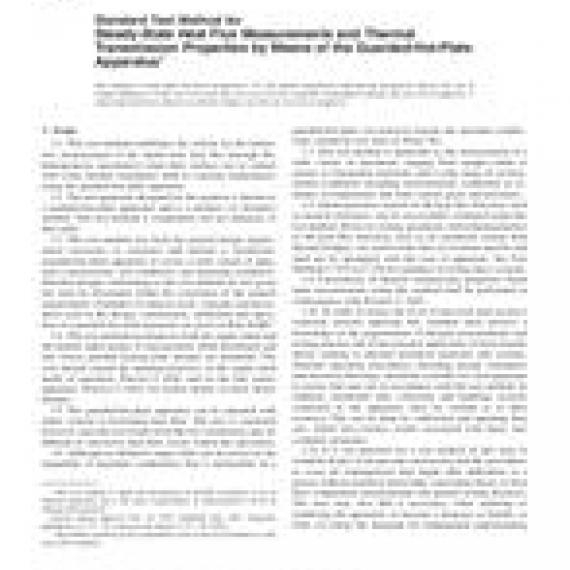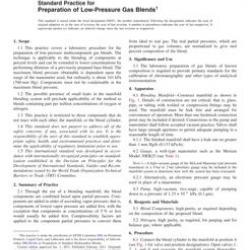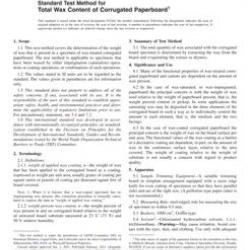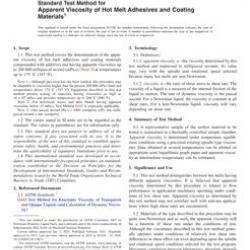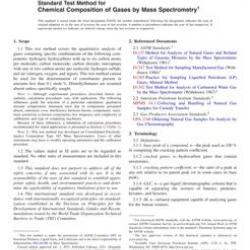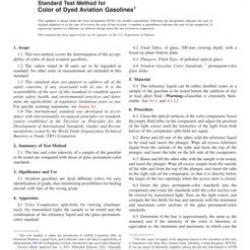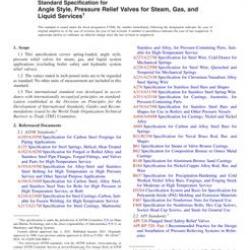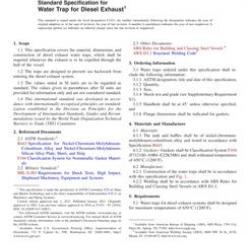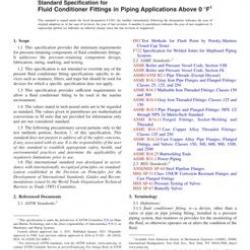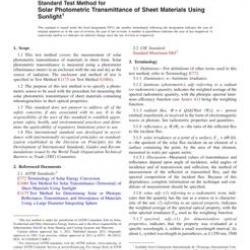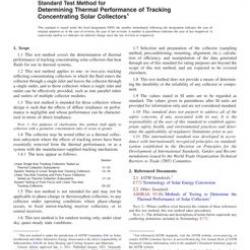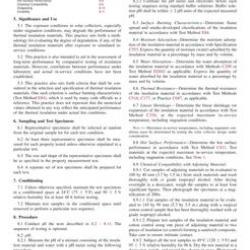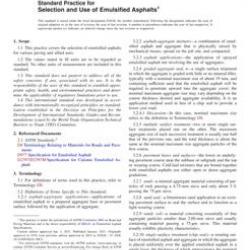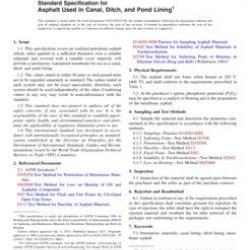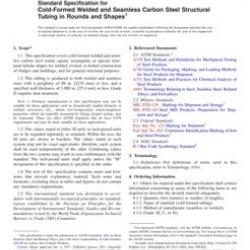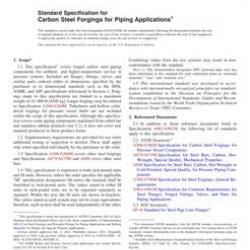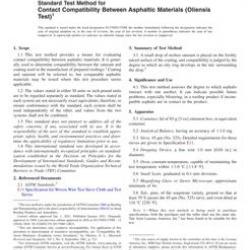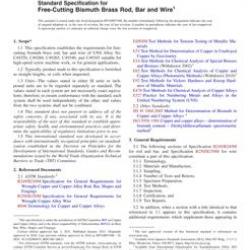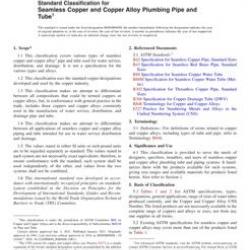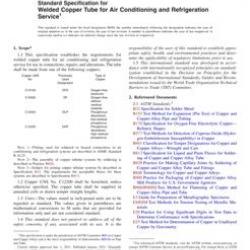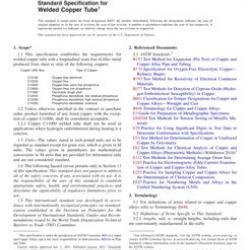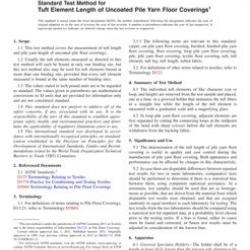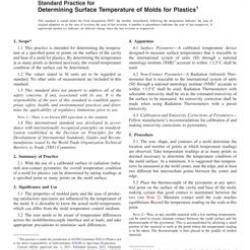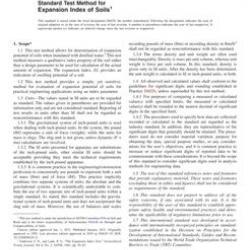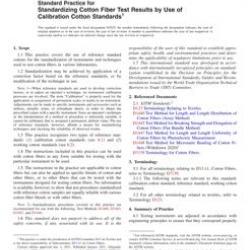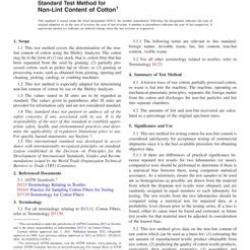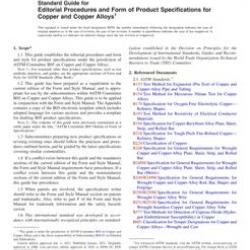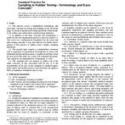No products
ASTM C177-97
ASTM C177-97 Standard Test Method for Steady-State Heat Flux Measurements and Thermal Transmission Properties by Means of the Guarded-Hot-Plate Apparatus
standard by ASTM International, 02/10/1997
Full Description
1.1 This test method covers the achievement and measurement of steady-state heat flux through flat-slab specimens using a guarded-hot-plate apparatus. The method encompasses both the single-sided and the double-sided mode of measurement. Both distributed and line source guarded heating plate designs are included, in principle, in this test method. The reader should consult the standard practices on the single-sided mode of operation and on the line source apparatus for further details on these variations of the method.
1.2 The calculations of thermal transmission properties based upon measurements using this method shall be performed in conformance with Practice C1045.
1.3 This is an absolute (or primary) method of measurement since no heat flux reference standards are required except to confirm accuracy statements and to establish traceability to recognized standards. This absolute method is contrasted with a comparative (or secondary) method, such as Test Method C518, in which the results are directly dependent on heat flux reference standards.
1.4 This test method is applicable to the measurement of a wide variety of specimens, ranging from opaque solids to porous or transparent materials, and a wide range of environmental conditions. Special precautions in the measurement process are described for the following:
1.4.1 Specimens exhibiting appreciable inhomogeneities, anisotropies, rigidity, or extremes of thermal flux density.
1.4.2 Measurements conducted at extremes of temperature (either high or low) or under vacuum conditions.
1.5 This test method is intended to allow a wide variety of apparatus designs and design accuracies to satisfy the requirements of specific measurement problems. Compliance with this test method requires a statement of the uncertainty of each reported variable in the report. Therefore, in the following sections, the significant error factors will be discussed.
1.6 This standard does not purport to address all of the safety problems, if any, associated with its use. It is the responsibility of the user of this standard to establish appropriate safety and health practices and determine the applicability of regulatory limitations prior to use.

